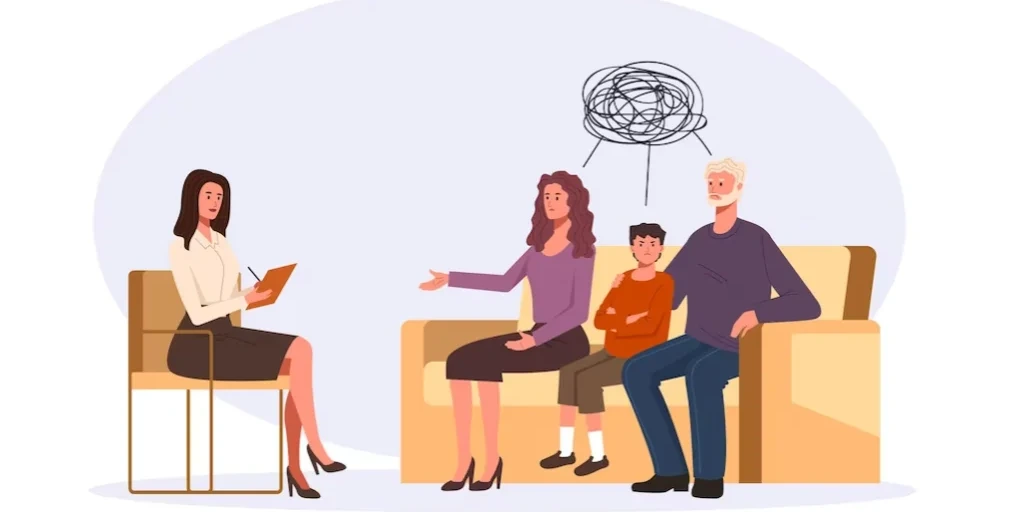24/7 Helpline:
(866) 899-111424/7 Helpline:
(866) 899-1114
Learn more about Partial Hospitalization Program centers in Dowagiac
Partial Hospitalization Program in Other Cities






Woodlands Behavioral Healthcare Network
Woodlands Behavioral Healthcare Network works with individuals, families, and the community to inspi...



















































































Other Insurance Options

BlueShield

UnitedHealth Group

Coventry Health Care

AllWell

GEHA

Humana

MHNNet Behavioral Health

Excellus

Oxford

Providence

EmblemHealth

BHS | Behavioral Health Systems

Anthem

WellCare Health Plans

Medical Mutual of Ohio

Health Partners

Molina Healthcare

State Farm

Health Choice

Health Net